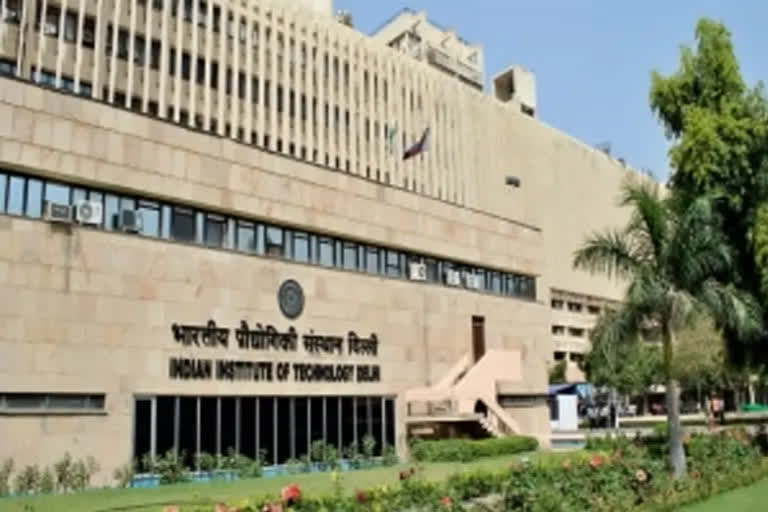New Delhi:Yoga and Ayurveda may be effective in the treatment of high-risk cases of COVID-19, according to a research by the Indian Institute of Technology (IIT), Delhi and Dev Sanskriti Vishwavidyalaya, Haridwar. The study onthe successful treatment of 30 high-risk COVID-19 patients has been published in the Indian Journal of Traditional Knowledge.
The study also suggested that in addition to the treatment for COVID-19, yoga and ayurveda may be instrumental in relieving such patients from anxiety and aid in speedy post-treatment recovery. "The study also demonstrates an urgent need to scientifically examine the traditional Indian knowledge systems at the top academic institutions.
A timely and suitably designed randomized controlled trial evaluating the efficacy of ayurveda and yoga based personalized integrative treatment for COVID-19 would have equipped the people with much more credible and dependable information about their use in managing COVID-19," said Rahul Garg of IIT-Delhi who conceptualized the project.
Besides the standard care treatment according to guidelines, the patients were prescribed ayurvedic medicines through telemedicine, and administered a personalized therapeutic yoga programme using video conferencing. "Almost all the patients were classified as high-risk owing to one or more of co-
morbidities such as Diabetes Mellitus, Hypertension, Chronic Kidney Disease, Coronary Artery Disease (which are known to lead to severe outcomes in cases of COVID-19), and/or age above 60.
"The treatment given to the patients was personalized (in accordance with the classical texts) and took account of each patient's medical history and the symptoms presented, which made it more effective as compared to a fixed standardized treatment plan," Garg said. The treatment included ayurvedic medicines, daily yoga-sessions including deep relaxation techniques, pranayama and basic asanas and some lifestyle modifications.
Based on the administered treatment, the cases were categorized into YAS (Yoga-Ayurveda based treatment, with possibly allopathic supplements), YASP (Yoga-Ayurveda based treatment, with possibly allopathic Supplements and Paracetamol), YAM (Yoga-Ayurveda based treatment, and Modern Western Medicine (MWM). The patients, most of whom presented with many symptoms prior to the Yoga and Ayurveda treatment, were followed-up telephonically regularly until recovery.
More than half of symptomatic patients started improving within five days (90 per cent within nine days) and more than 60 per cent reported at least 90 per cent recovery within 10 days. "Six patients with oxygen saturation (SpO2) below 95 per cent, benefited through Makarasana and Shithilasana; none progressed to composite endpoints (consisting of admission to intensive care unit, invasive ventilation or death).
Most patients reported that the therapy had a profound impact on their recovery process, with many experiencing improvements with respect to their comorbidities too. "By the end of the treatment, several patients had decided to adopt yoga in their lifestyle, and several turned to the ayurveda doctors in the team for management and treatment of their comorbidities," said Sonika Thakral, a scholar at IIT Delhi, who coordinated with the patients for routine follow-up.
Dr Alka Mishra who administered ayurveda treatment said the belief of the patients in the efficacy of these traditional systems of medicine was extremely enhanced. "We are observing an increasing trend towards ancient systems of medicine," she said. (PTI)
